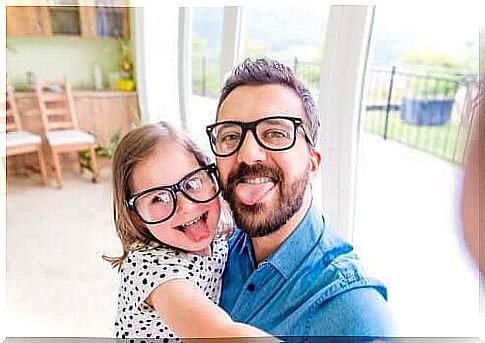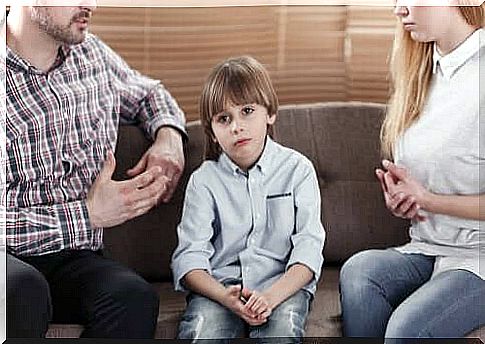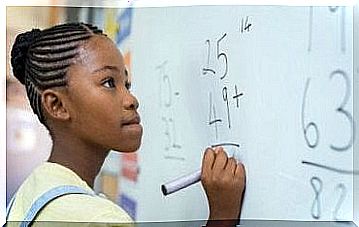What Is Parental Authority? – Being Parents

Parental authority is a set of duties and rights that parents have towards their unemancipated minor children. This right finds its origin in the very bond between parents and children. Parental authority applies to married or unmarried parents. In practice, it governs the fundamental legal aspects between parents and children.
In the rest of this article, we will understand a little better what parental authority consists of and how it is regulated.
What is parental authority?
As explained above, parental authority is therefore essentially the right that the law grants to parents over their unemancipated children. This right applies to both children and their property. But it also includes a series of duties and obligations that parents must fulfill towards their children.
The main objective of these duties is the protection of children. They aim to provide them with assistance of any kind and at any time. Parental authority must therefore always be exercised in the interests of the children.

Among the main duties that parents have towards their children, we find the obligation to:
- live with them,
- protect them,
- feed them,
- take care of them,
- educate them.
Parents also have an obligation to provide their children with a full education, as well as to represent them legally and manage their assets.
Who exercises parental authority?
It is generally exercised jointly by both parents. The exercise is done regardless of gender and whether the couple is married or not. It can also be exercised exclusively by one of the parents with the expressed or tacit consent of the other. Finally, it can also be exercised by the adoptive parents.
In the event of disagreement, either parent can take the matter to court. In such a situation, the judge has the power to decide which of the two will keep parental authority over the child or even decide to distribute the functions between the parents. He does so after hearing both parents and the child, if the latter is sufficiently mature and over 12 years of age.

The age of majority
Although children’s parental rights and legal representation end when they turn 18, there are some exceptions. One of them, for example, is the case of legally emancipated children. In this situation, parental authority ends at the time of emancipation. And this even if the child is a minor. It can also extend beyond the age of 18 if the child is under guardianship.
The law therefore sets the age of majority as the limit on the exercise of parental authority. However, parents actually still have many obligations to their children beyond this age. In practice, the obligation of parents is to provide for the maintenance, care and protection of their children and this ends when they become financially independent.
Can we deprive parents of parental authority?
When parents do not fulfill the duties provided for by parental authority, they may be deprived of them by a court sentence. Parents may also be deprived or suspended of this right when their conduct endangers the integrity or education of minors. This can happen, for example, in cases of acknowledged violence.









